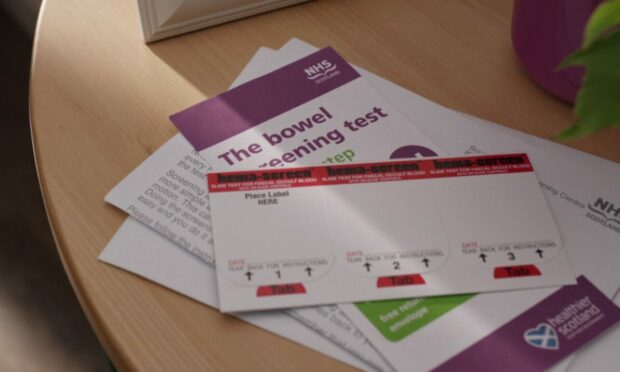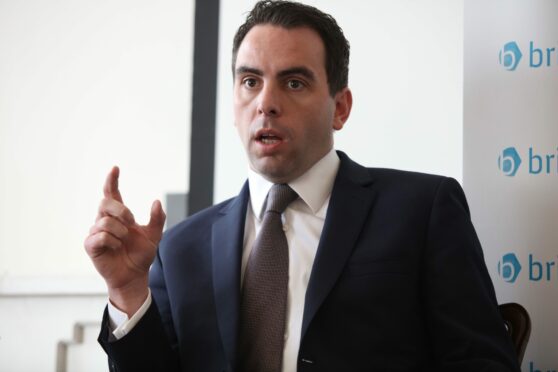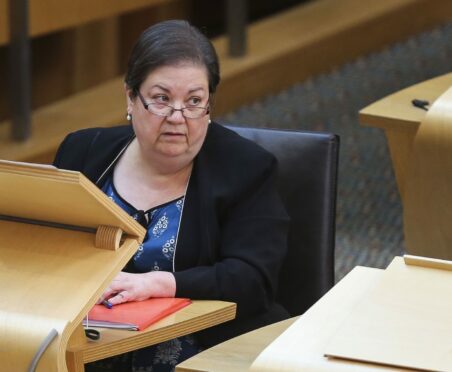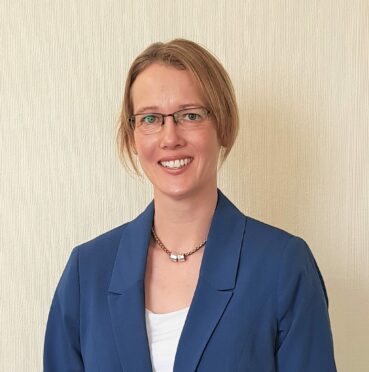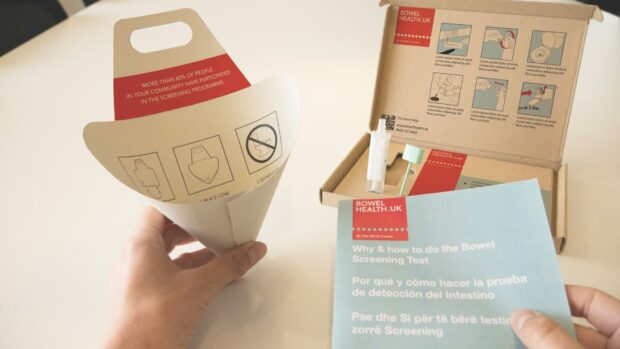More mums, dads, sons and daughters will die if the deprivation gap in bowel screening uptake is not fixed, the Scottish Government has been warned.
New figures show the gap between the number of people from the richest areas of Tayside going for a bowel screening test and those from the poorest areas is the highest in Scotland.
The figures show 75.2% of those from the least deprived areas took part in the bowel screening programme between April 2019 and May 2021.
The scheme has been credited with saving lives across Scotland by detecting cancer early, but just 52.9% of people from the most deprived areas are carrying out tests.
It means the gap between the richest and poorest in Tayside is 22.3%, higher than the Scottish average of 20.2%.
North East MSP Maurice Golden said 3,694 patients patients across the poorest communities are missing out as a result of the deprivation gap.
The problem ‘worse than anywhere else’
He said: “All over Scotland there’s an issue with getting people living in the most deprived areas to take part in vital screenings like this.
“These figures show that problem is worse in Tayside than anywhere else.
“That means thousands of patients are missing out on a screening process which has been shown to save lives.
“We need the Scottish Government to find out why the gulf is bigger in Tayside and what it intends to do about it.
“The longer this disparity endures, the more chance there will be that beloved mothers, fathers, sons and daughters lose their life to a very dangerous disease.”
Bowel screening is offered to people in Scotland between the ages of 50 and 74 to help detect bowel cancer early every two years.
If bowel cancer is detected early, people are 14 times more likely to survive.
Scottish Labour health spokeswoman Jackie Ballie said: “The statistics are clear – the poorest Scots are far less likely to be screened than the wealthiest.
“This will only lead to greater numbers of late diagnoses among the poorest in our society and a greater number of deaths as a result.
“No one’s health should be determined by their socioeconomic status.
“Our NHS was founded to ensure that everyone has access to healthcare.
“If action is not taken now, this inequality will only grow and lives will be lost.
“Humza Yousaf must face up to this dangerous inequality and act now.”
Plea for people to take up tests
NHS Tayside believes the reason the inequality gap is so high is because uptake of tests is so good among those who are wealthier.
They say uptake in the least deprived areas of Tayside is higher than the Scottish average (73.3%) and is the fourth highest on mainland Scotland.
In the poorest areas of Tayside it is approximately the same as the Scottish average, and is above uptake in the poorest areas in Lothian and Greater Glasgow and Clyde.
Dr Emma Fletcher, director of public health at NHS Tayside, said: “Reducing inequalities in screening through promotion in areas of greatest deprivation is a key focus of public health work going forward as we transition out of the pandemic.
“We would strongly encourage everyone who receives a bowel screening test to complete it and return it as it only takes a couple of minutes but could save your life.
“The test aims to pick up early signs of bowel cancer before people have any symptoms.
“It can help spot cancers at an early stage, when treatment is more likely to be successful.
“Nine out of 10 people will survive if bowel cancer is found and treated early, so please take the test.”
Millions spent on cancer screening
The Scottish Government says early cancer diagnosis is one of its priorities, and it has committed an extra £20 million to the detecting cancer early programme over the current parliamentary term.
A spokeswoman added: “We recognise that there continues to be an inequality gap for bowel screening uptake between the most and least deprived areas.
“This is why we have allocated £2m over 2021/22 and 2022/23 to tackle inequalities and encourage those who are eligible to take up their invite to the cancer screening programmes, including the bowel screening programme.
“This is in addition to the £5m we invested over the previous five years.”
The spokeswoman said the government has funded a new national lead for screening inequalities who is working to reduce this inequality gap, and has announced £70 million of support for diagnosing cancer faster.
